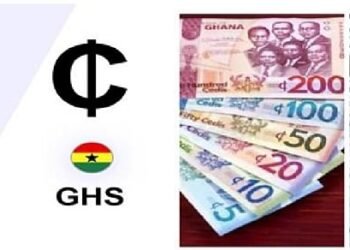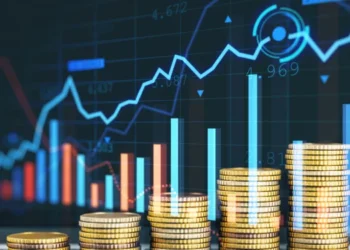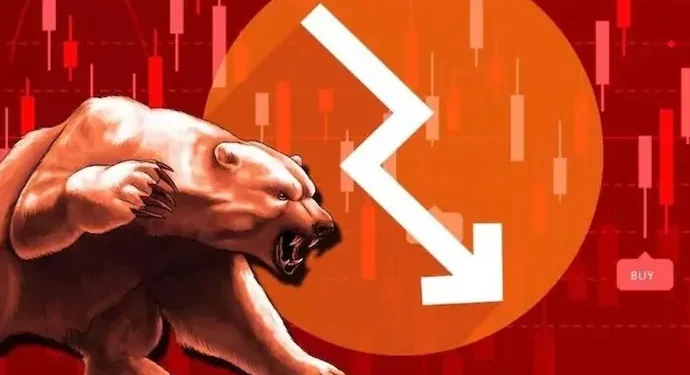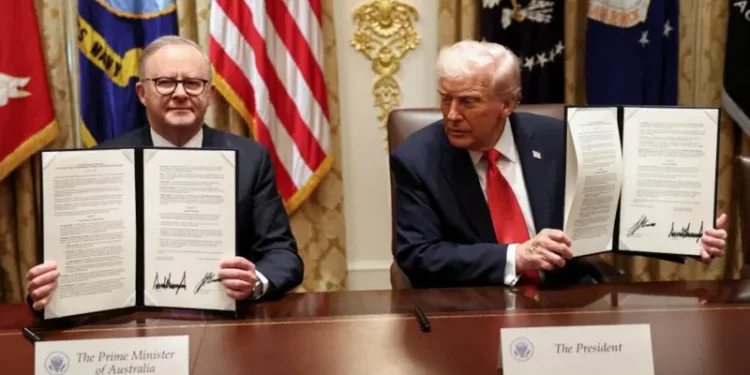Like clockwork, governments in Ghana have developed an alarming habit of throwing fiscal discipline out the window in the run-up to elections. It’s a spectacle that repeats itself with troubling predictability, leaving the public to bear the burden of short-term political gains against the long-term stability of the nation’s economy.
In the frenzy of election campaigns, promises rain down like confetti, each one more extravagant than the last. Politicians vie for attention, waving around promises of increased spending, tax cuts, and grand infrastructure projects, all designed to capture the hearts and votes of the electorate.
But beneath the facade lies a grim reality: a reckless disregard for fiscal discipline. For example, the country had a budget deficit of 11.5%,11.8%,10.3%, and 11.7% in 2008, 2012, 2016, and 2020 respectively.
The temptation to splurge in election years is understandable, if not entirely forgivable. After all, what better time to curry favor with the populace than when the stakes are highest? However, the cost of such indulgence is far from trivial.
Rampant spending without corresponding revenue increases leads to ballooning budget deficits and mounting debt, placing a heavy burden on future generations who must foot the bill for today’s political excesses.
Moreover, the cycle of fiscal irresponsibility perpetuates a dangerous precedent, eroding trust in the government’s ability to manage the country’s finances effectively. When promises made during election campaigns fail to materialize or are accompanied by austerity measures soon after the ballots, disillusionment sets in.
In this election year, the stakes are undeniably high, as they have been every eight years in Ghana. However, the economic landscape presents challenges that cannot simply follow the pattern of previous election cycles.
A Challenging Economic Environment
The government is acutely aware of the dire economic challenges facing the nation. Currently, Ghana is in the midst of a debt restructuring process, yet after nearly two years, the path forward remains murky, particularly concerning external debt.
Although macroeconomic indicators are on a downward trend as anticipated, they fail to instill confidence among investors and businesses. Inflation persists in the 20th percentile range. The currency continues to depreciate, albeit at a slower pace compared to previous years, while interest rates rise and the cost of living surges.
Also, revenue projections already face a significant shortfall of around GH¢1.8 million due to the suspension of the VAT on electricity. Meanwhile, demands for salary increases, such as from teachers, alongside existing raises for government workers, further strain the public purse.
With ongoing external debt negotiations and a financing gap of US$15 billion for capital expenditure, Ghana’s options narrow. The country may have to turn to international markets for borrowing or seek bilateral funding from external creditors.
However, building investor confidence becomes increasingly challenging as the nation grapples with existing substantial debts owed to these same creditors.
Ghana finds itself in a challenging position, caught between the proverbial rock and a hard place.
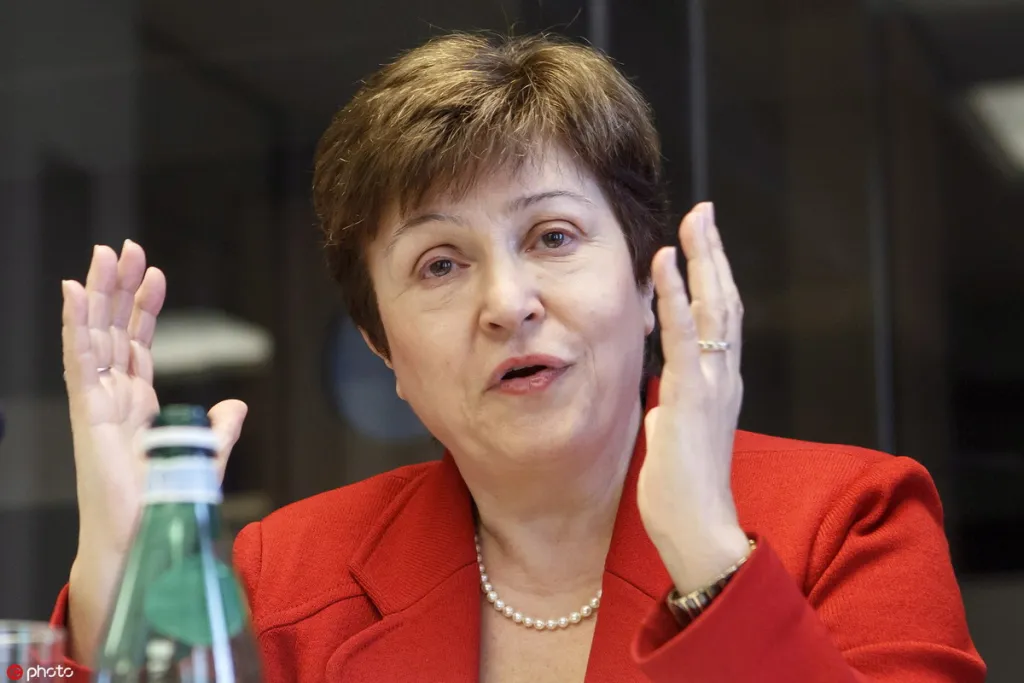
During her departing press conference, Kristalina Georgieva, the Managing Director of the International Monetary Fund (IMF), expressed optimism that Ghana would remain committed to maintaining fiscal discipline as it approaches another general election.
Kristalina said, “I believe that lessons have been learnt from the past that abandoning fiscal discipline for short-term gains does not pay back,” adding that “2024 was a different year and the world was more uncertain – we are in a more shock-prone economy.”
While the current economic challenges are daunting, they are not insurmountable. Solutions exist within reach, but they necessitate a departure from the status quo. Curbing excessive spending on projects and policies of little value must become a priority, starting with this election cycle.
READ ALSO: Minority Slams Government Over Mismanaging Ghana’s Cocoa Industry




